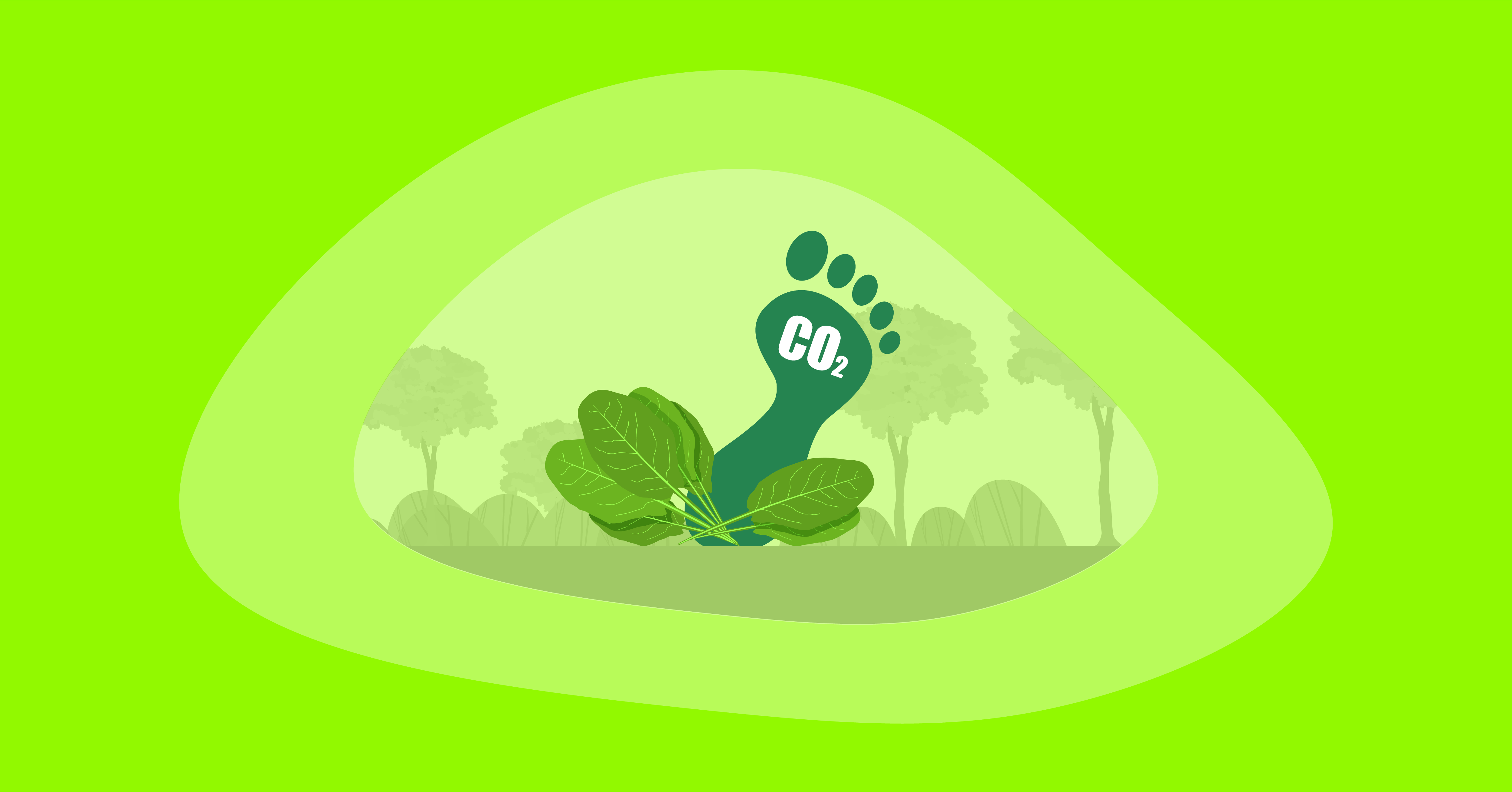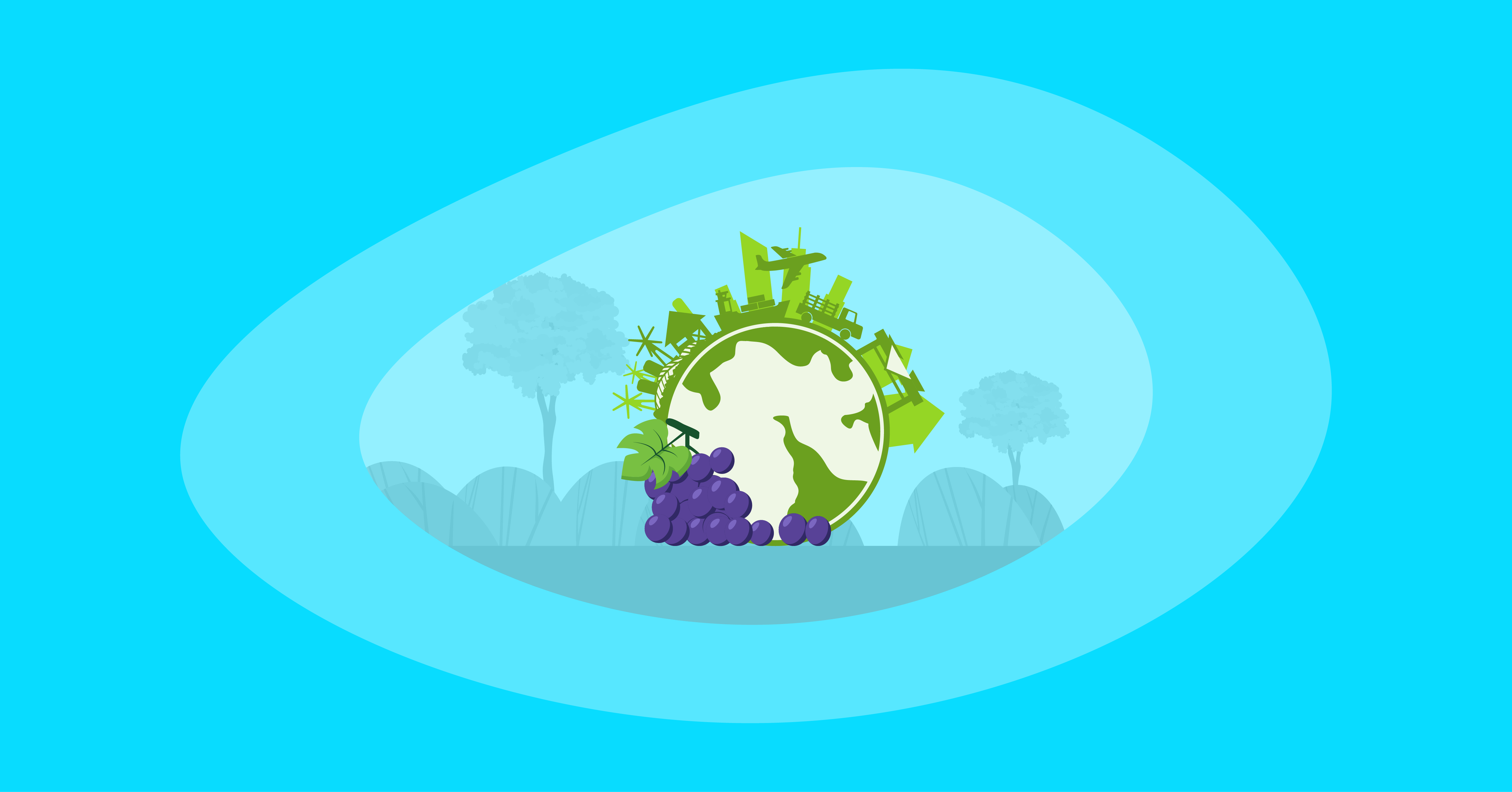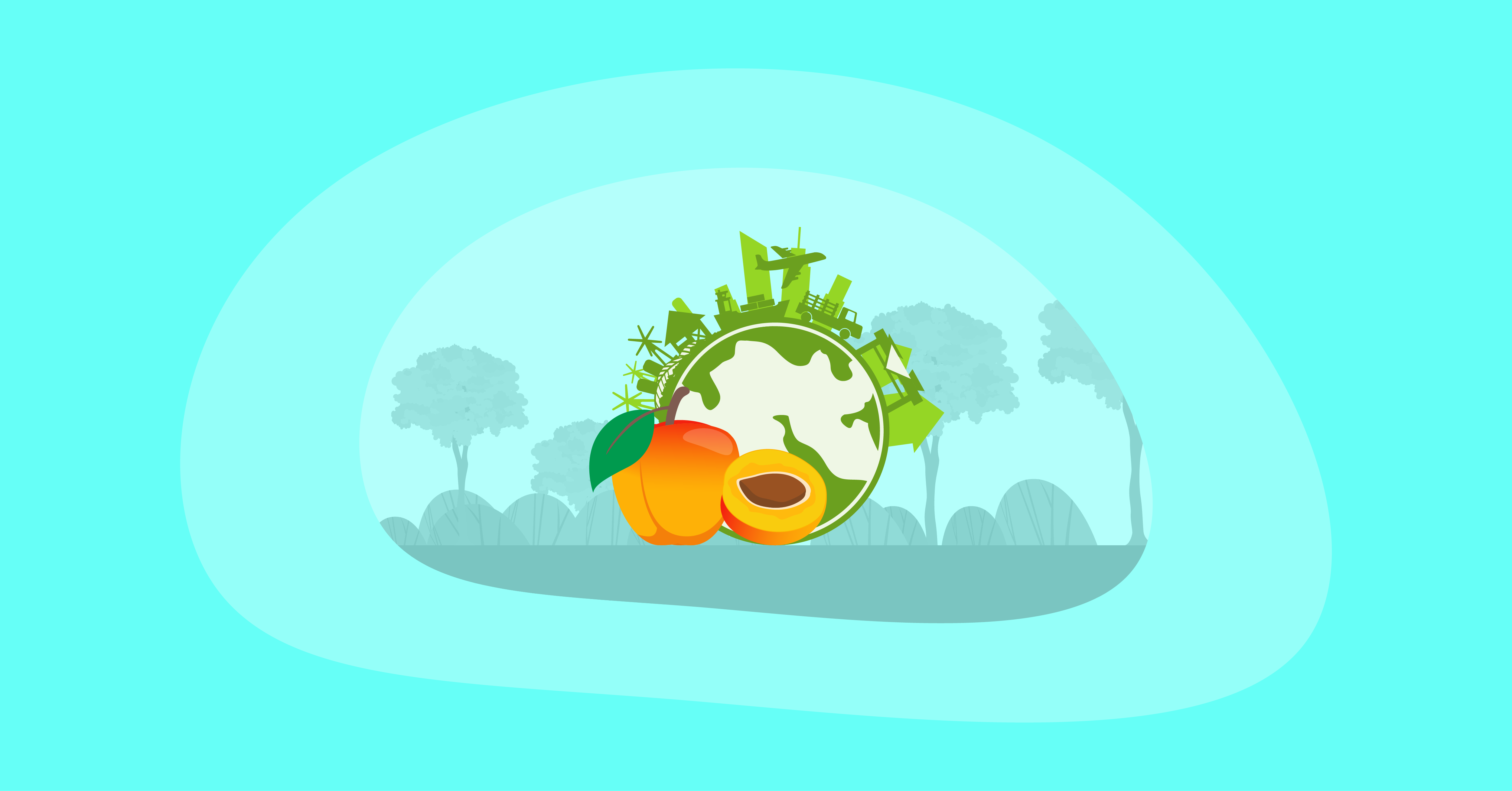What Is the Carbon Footprint of Spinach? A Life-Cycle Analysis
The character Popeye is known to favor spinach, and the fame of this cartoon helped increase spinach sales by 33% in the 1930’s. This leafy green is high in nutrition, but low in calories. It is also an incredible source of dietary magnesium and potassium, as well as being rich in vitamins K, A, E, and C, making it a very healthy choice. Spinach has become more popular in recent years, with sales rocketing by 20% from 2019 to 2020. Yet, much less is shared about the environmental impact, and especially the carbon emissions of spinach. So we had to ask: What is the carbon footprint of spinach?















